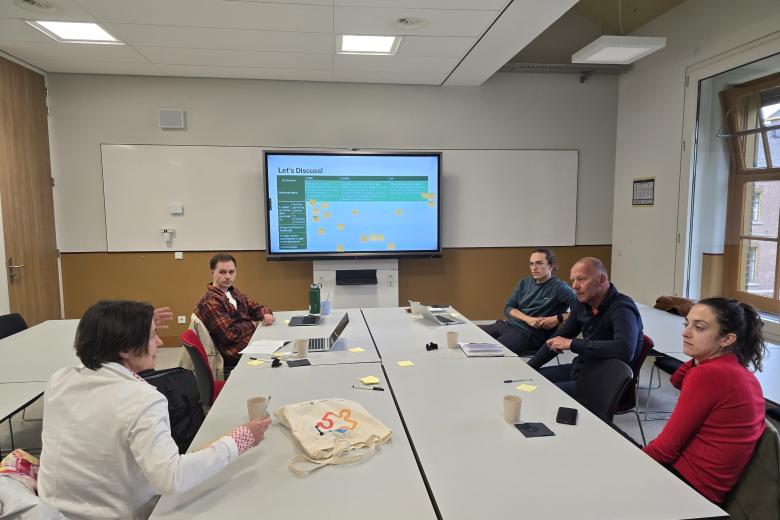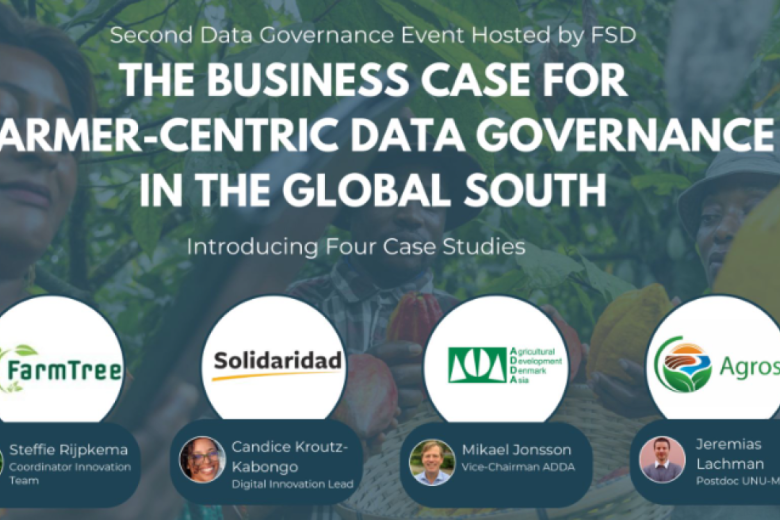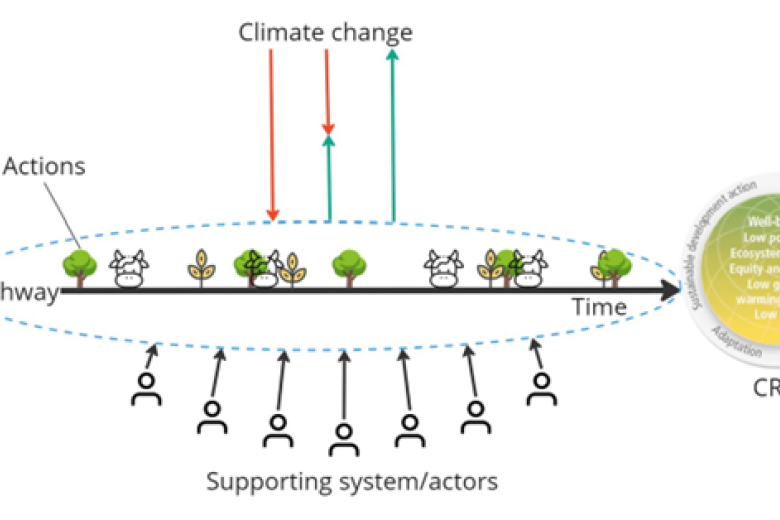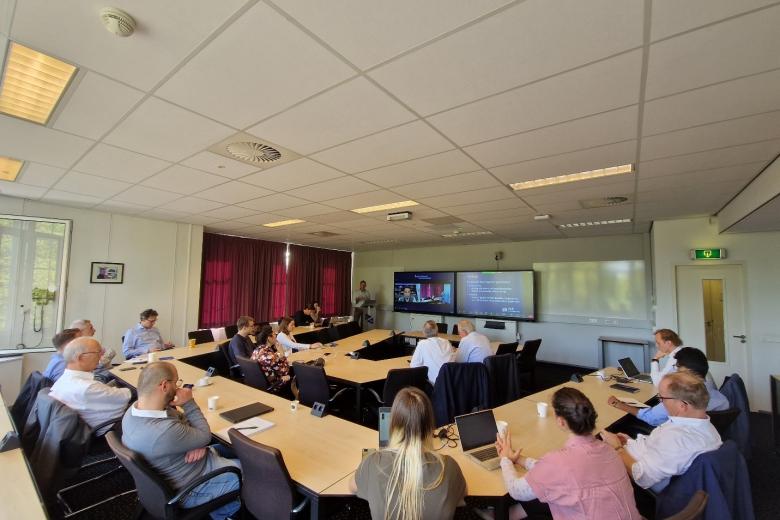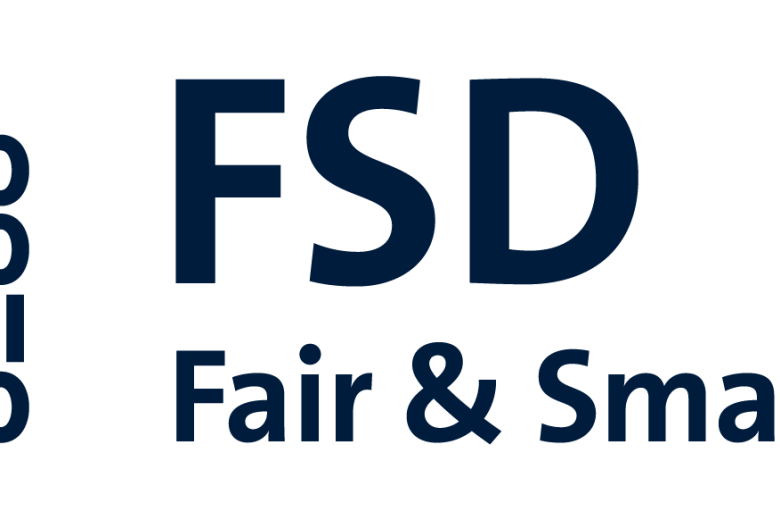On June 12th, the research spearhead Fair & Smart Data (FSD) hosted an internal workshop to explore the impact of various EU re
Registration - Academic session
Registration - Academic session

Hans van Mierlo, 24 January 2021
Hans was a member of the Department of Microeconomics and Public Economics - previously the Department of Economics - at the School of Business and Economics, from 1987 until his retirement in 2020.
Read more about the life and work of Hans van Mierlo in the in memoriam.

Emile Goblet, 24 February 2021
Emile was studying Globalisation and Development Studies (GDS) at the Faculty of Arts and Social Sciences.
Read more about the life of Emile Goblet in the in memoriam.

Nathan van Genechten, 9 July 2021
Nathan was studying Economics and Business Economics at the School of Business and Economics.
Read more about the life of Nathan van Genechten in the in memoriam.

Roy Fransen, 18 August 2021
Roy was a staff member of the laboratory at the Central Biobank MUMC+.
Read more about the life and work of Roy Fransen in the in memoriam.

Robert Peperkamp, 9 September 2021
Robert worked as an ICT developer in the Department of Educational Development and Research at the Faculty of Health, Medicine and Life Sciences.
Read more about the life and work of Robert Peperkamp in the in memoriam.

Amanda Kaas, 16 September 2021
Amanda was an associate professor at the Cognitive Neuroscience Department at the Faculty of Psychology and Neuroscience.
Read more about the life and work of Amanda Kaas in the in memoriam.
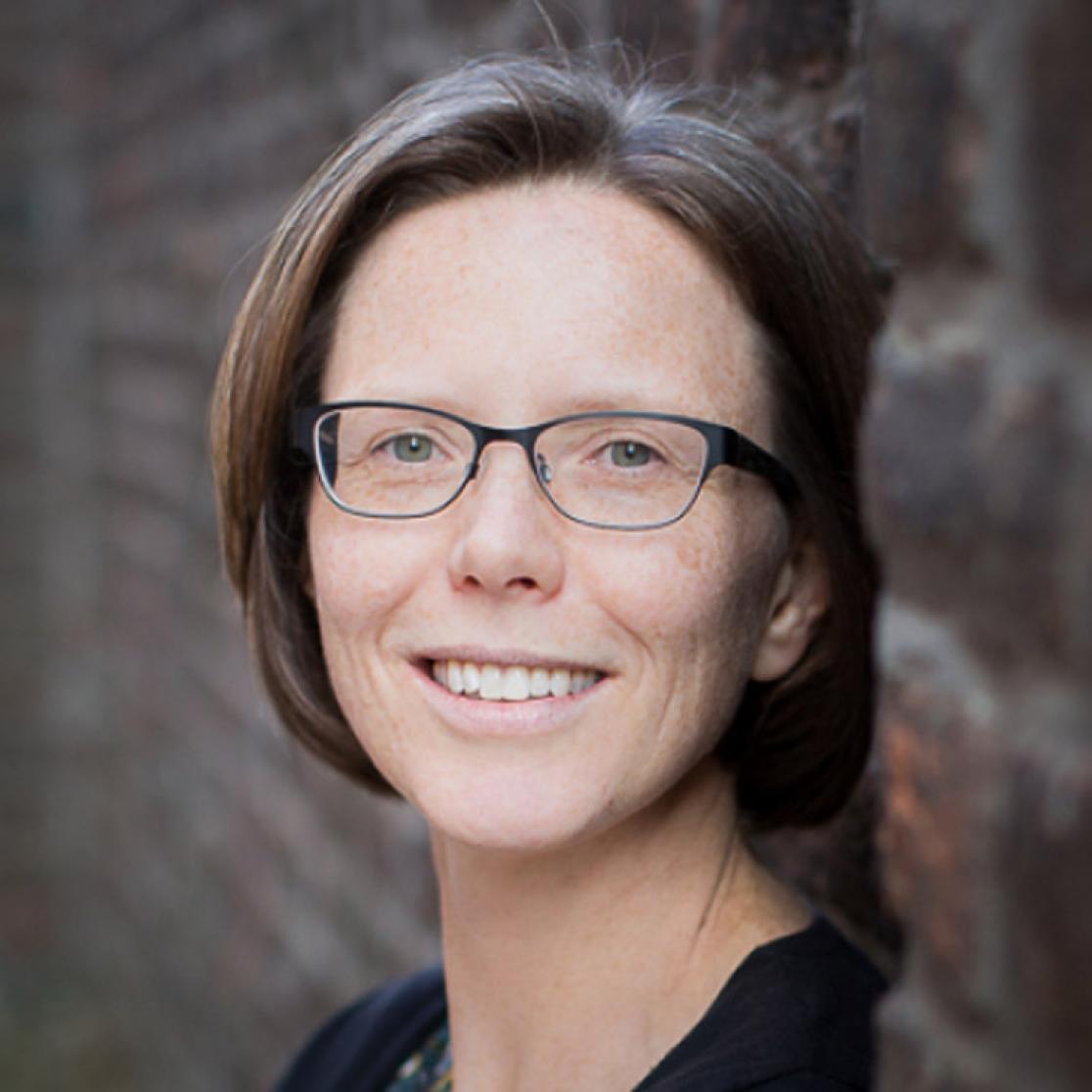
Pauline Arends, 12 November 2021
Pauline worked for 20 years as an HR adviser and prevention officer at the Faculty of Law, and from January 2020 as Head of Occupational Health and Safety for the entire UM.
Read more of the life and work of Pauline Arends in the in memoriam.
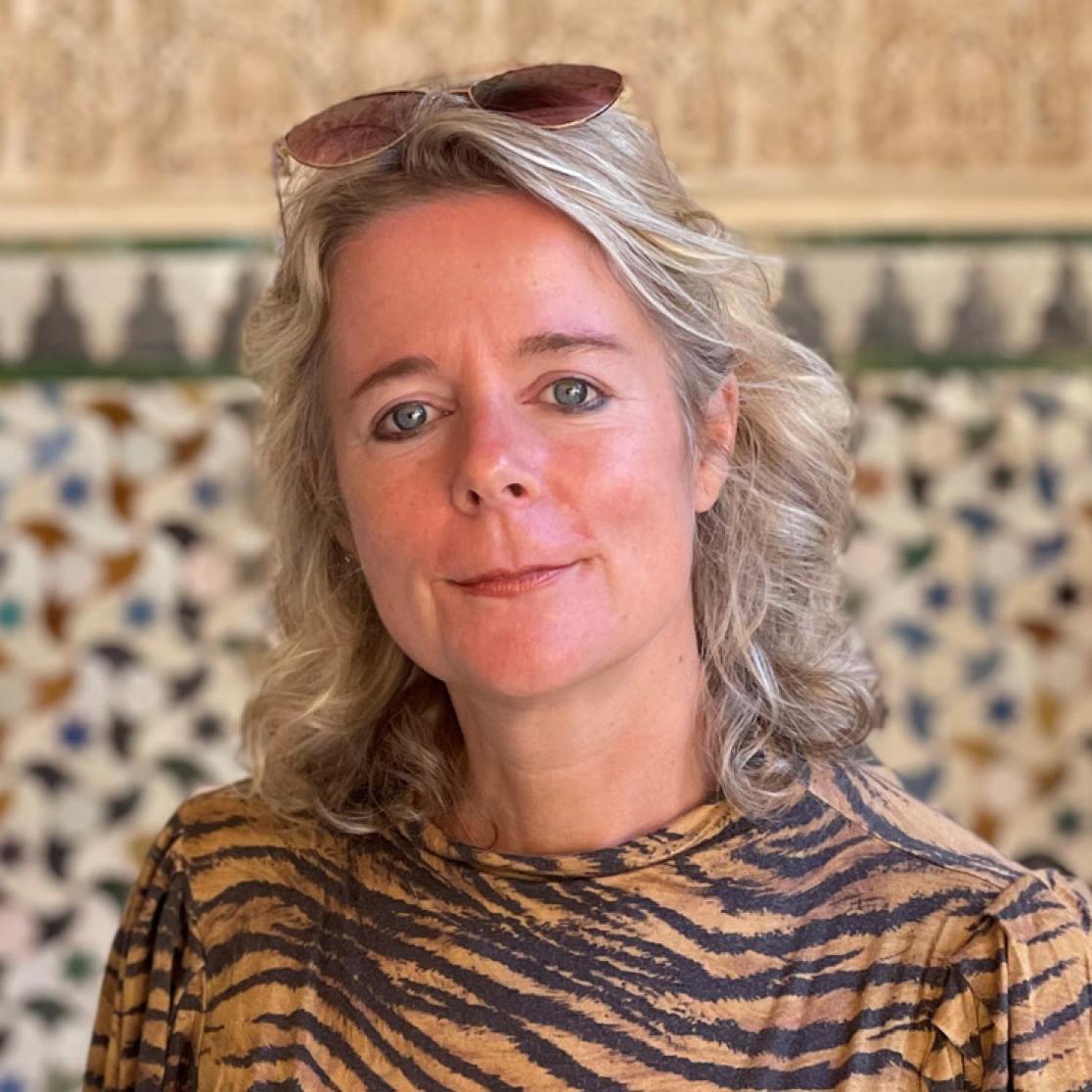
The Platform's Concept
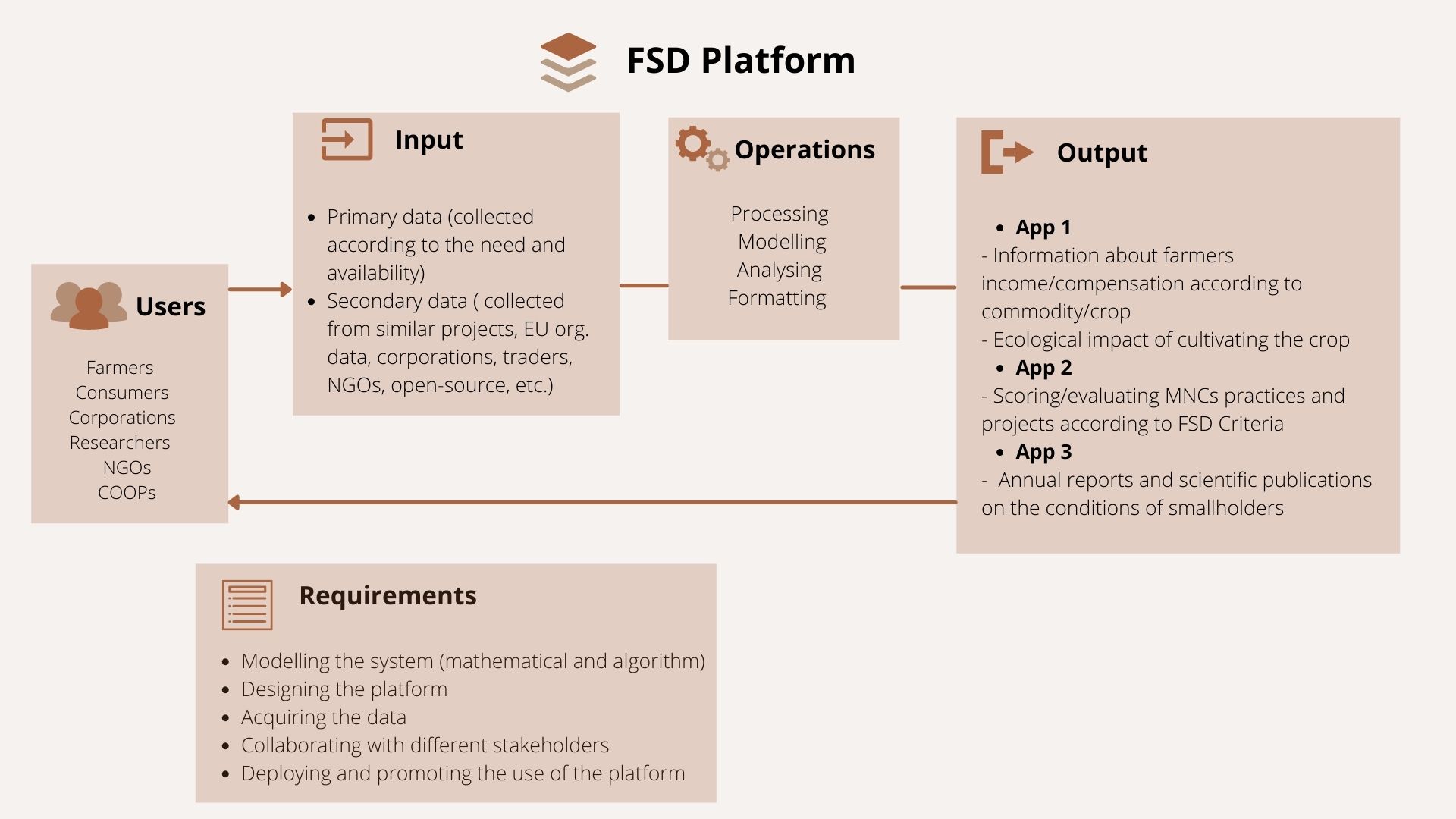
Visual Representation
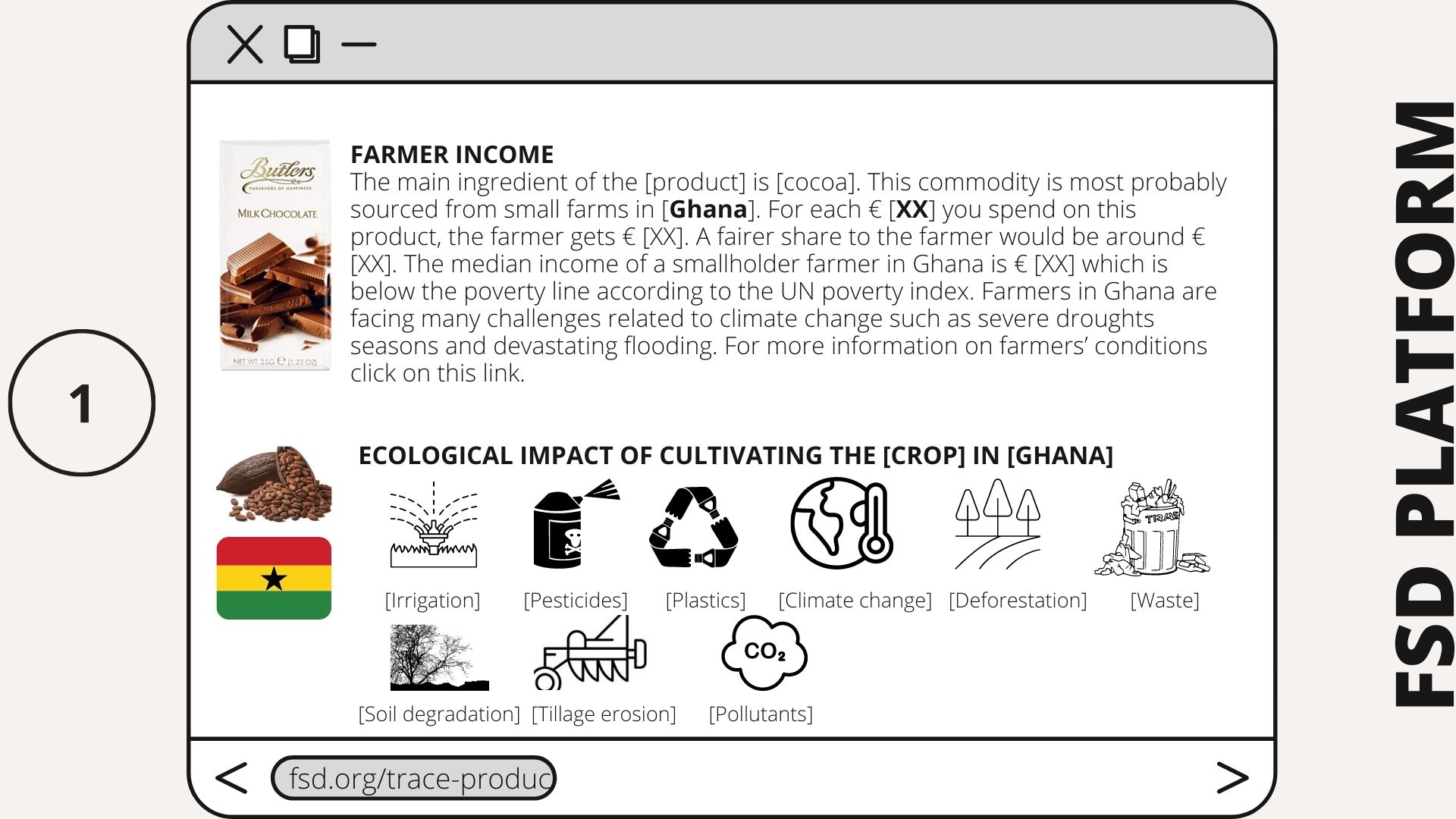
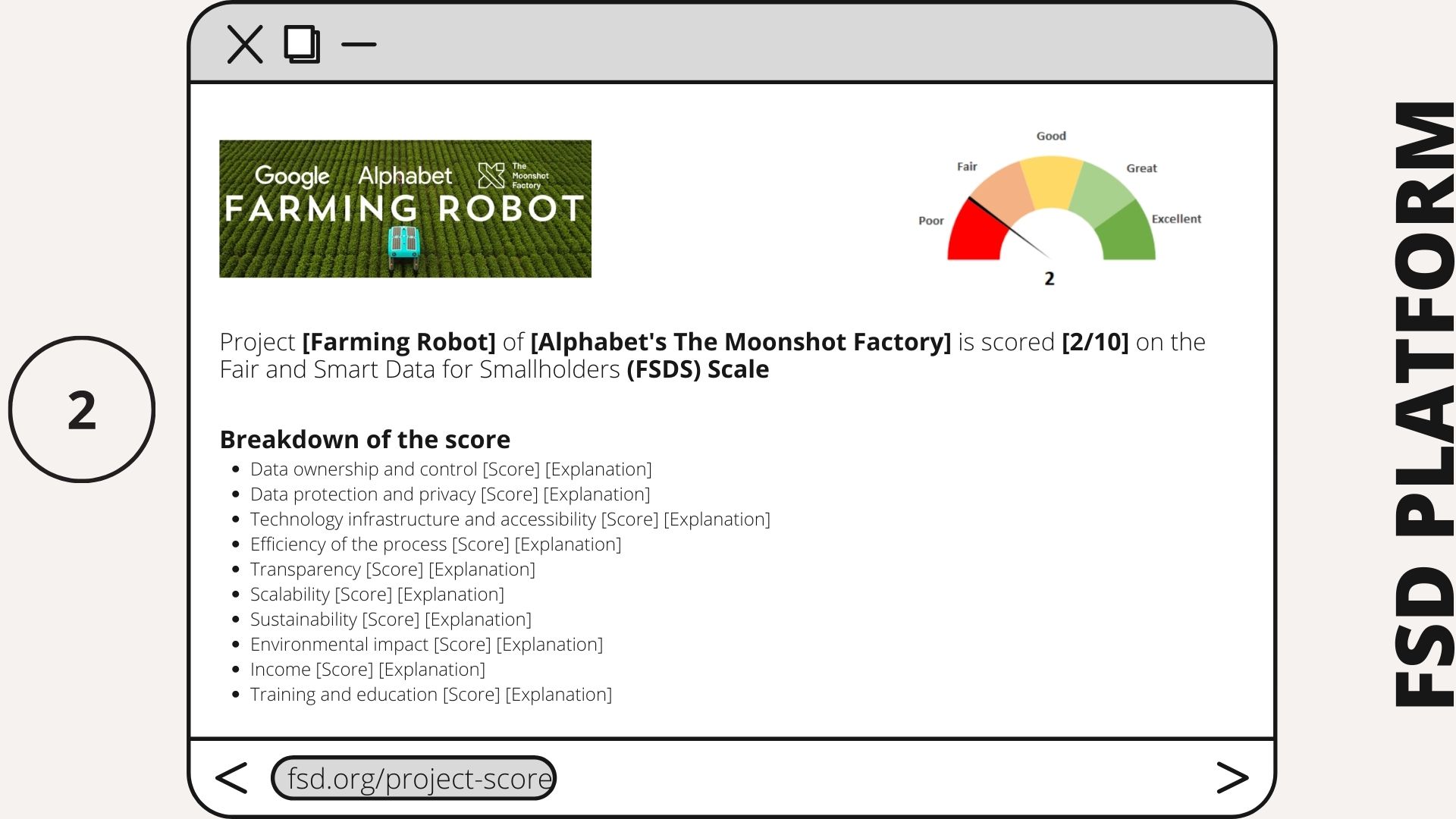

The aim of these activities is to create knowledge about the role and impact of fair and smart data in the global value chains with a focus on smallholder farmers. Furthermore, through this effort, FSD Spearhead seeks to foster and invigorate the interest of students and researchers in the issues and challenges surrounding sustainability, data technology, and fairness in the global supply chain. Consequently, they will be able to carry this work beyond their university studies to the real world through their individual actions and professional careers.
Examples of theses conducted under the umbrella of FSD
| Paul Eichhorn (2024), Cross-chain collaboration: How the EU Corporate Sustainability Reporting Directive (CSRD) influences the relationship between chocolate manufacturers and smallholder cocoa farmers. Master thesis Sustainability Science, Policy and Society, Maastricht University. Download |
| Helena Schrimpf (2024), The Role of Market Mechanisms in Upholding Quality and Integrity in the Voluntary Carbon Market. Master thesis Sustainability Science, Policy and Society, Maastricht University. Download |
| Daniel Acosta Stasiukynas (2024), Empowering Smallholder Farmers in Data-driven Agriculture through Blockchain Technology. Master thesis Sustainability Science, Policy and Society, Maastricht University. Download |
| Niklas Mensing (2023), Sustainable Supply Chains – Potential Impacts of Chocolate Companies' CO2 Emission Reduction Strategies on Smallholder Farmers in the Global South. Master thesis Sustainability Science, Policy and Society, Maastricht University. Download |
| Selma Soydemir (2023), The potenial of agroforestry to contribute to food security for smallholder households in Ethiopia. Master thesis Sustainability Science, Policy and Society, Maastricht University. Download |
| Merle Zoë Lasso (2023), “Missing SDG 5 Gender Equality for the Trees? On the Empowerment of Female Smallholder Farmers in the Acorn Programme” Master thesis Sustainability Science, Policy and Society, Maastricht University. Download |
| Nico Beranek (2022), “When is data governance in data-driven smallholder agriculture fair? Developing a framework for sustainable data governance in smallholder farming.” Master thesis Sustainability Science, Policy and Society, Maastricht University. Download |
| Nina Zwart (2022), “Closing the living income gap: a case-study analysis of initiatives in the Ghanaian cocoa sector.” Master thesis Sustainability Science, Policy and Society, Maastricht University. Download |
| Marie-Luise Zaiss (2022), "Sustainable Value Addition in the Global South - A Comparative Case Study of Sustainable Value Addition Companies in the Cocoa Value Chain in Ghana." Master thesis Sustainability Science, Policy and Society, Maastricht University. Download |
| Lars Hissel (2022), Sustainability Standards to Climate Change Adaptation in Coffee Production. The case of smallholder coffee production in Guatamala, Master thesis Sustainability Science, Policy and Society, Maastricht University. |
| Ana María Duursma Cortés (2022), Circular Economy Indicators for Agricultural Supply Chains: a Systemic Literature Review, Master thesis Global Supply Chain Management and Change, Maastricht University. Download |
| Giulia Bulone (2022), Young Consumers and Cocoa: The Relationship Between the European Gen Z and Ethical Chocolate, Master thesis Master thesis International Business – Specialisation Supply Chain Management, Maastricht University |
| Etienne Hoekstra (2021), “A Case Study on the Rabo Carbon Bank using the Quintuple Helix innovation model.” Master thesis Sustainability Science, Policy and Society, Maastricht University. Download |
| Thomas Lowbridge (2021), “An analysis of certification schemes, direct trade, and hard-law in Colombia’s and Peru’s coffee industries: Fair and Smart Data Spearhead Exploratory Research.” Master thesis Sustainability Science, Policy and Society, Maastricht University. Download |
Research Framework
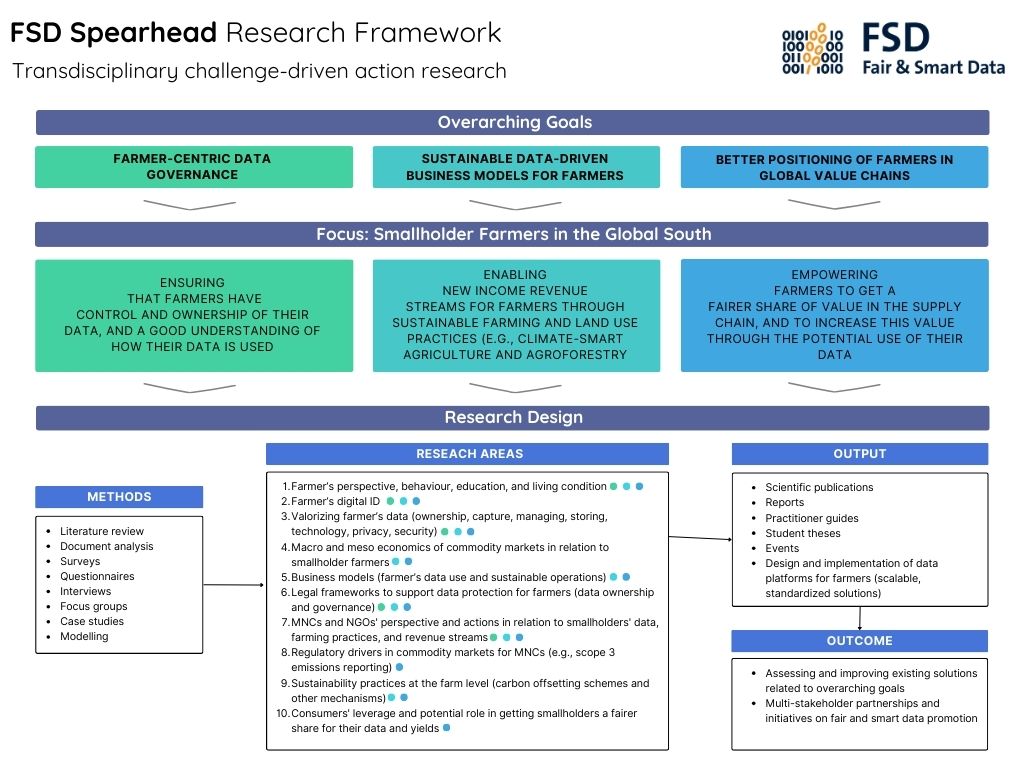
Ongoing Projects
MISACI
In collaboration with Solidaridad and Rabobank, FSD is studying the motives and incentives for smallholder coffee farmers in Uganda to participate in ACORN's agroforestry project and the contribution of carbon payments to their household incomes.
Fair Carbon Pricing
This research aims to determine all the factors influencing the pricing mechanism of agroforestry-based carbon removal units. The research outcome will define a carbon-pricing baseline that ensures fair payment to the farmers. The work will be based on studying carbon farming projects' implementations and business models and the living income and costs that farmers incur when participating in such projects.
Concluded Projects
Studying Digital IDs for Smallholders: an overview of current applications in the Global South
How can we make sure that farmers have a unique identification, despite the lack of formal identity cards or land ownership? This project focuses on the role of Digital IDs in enabling autonomous data ownership for farmers by exploring new data governance models and the necessary technological tools in the Global South. The project aims to develop an approach to understanding the digital readiness and friendliness of a country for farmers’ Digital Information Management tools, irrespective of whether they are aimed at commercialisation. You can read the report on the current status of digital ID implementations in the Global South here.
Smallholder-oriented Data Governance Principles
Smallholder-oriented data governance defines the smallholder data ecosystem as comprising multiple stakeholders with asymmetric levels of power, knowledge and resource access. These stakeholders handle smallholder farmers’ data responsibly and transparently to empower and avoid harm. Smallholder-oriented data governance requires the more powerful and well-resourced stakeholders to commit to fair treatment and compensation of smallholder farmers. You can read the report here here.
Transparency and Traceability in the Supply Chains of Cocoa and Coffee
The cocoa and coffee industries are vital to the global economy and support millions of smallholder farmers. However, they face persistent economic, environmental and social challenges, especially persistent poverty among these farmers. Despite growing awareness among consumers and advocacy groups, limited transparency in supply chains hampers efforts to address these problems. Traceability offers a promising solution, but its feasibility in cocoa and coffee has not yet been explored. Greater transparency through accurate data at every level of the supply chain is urgently needed to help smallholder farmers. To fight poverty, promote fair trade and protect human rights, cooperation between governments, industry leaders, NGOs and consumers is essential. Together, we can work for a fairer and more sustainable future for the backbone of the cocoa and coffee industry - smallholder farmers. You can read our report on traceability and transparency here.
